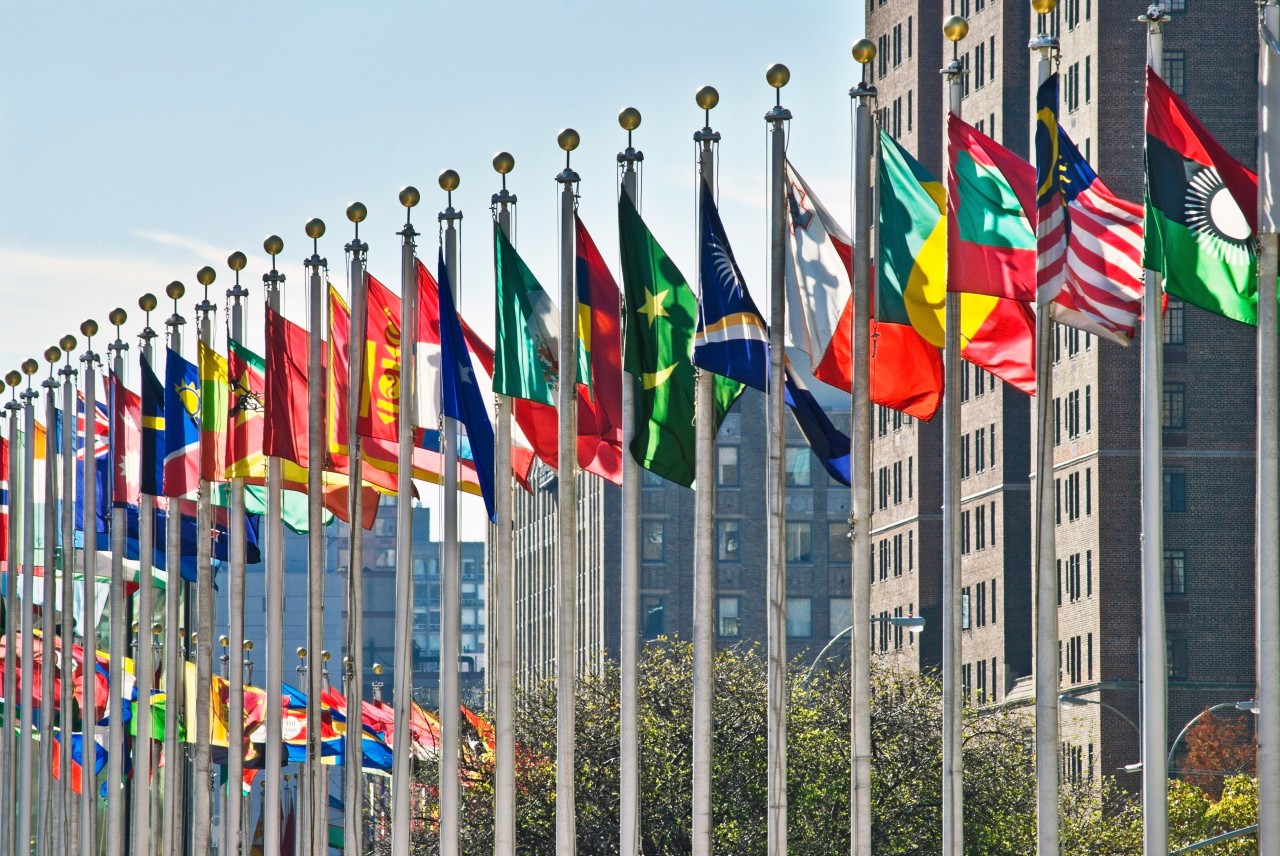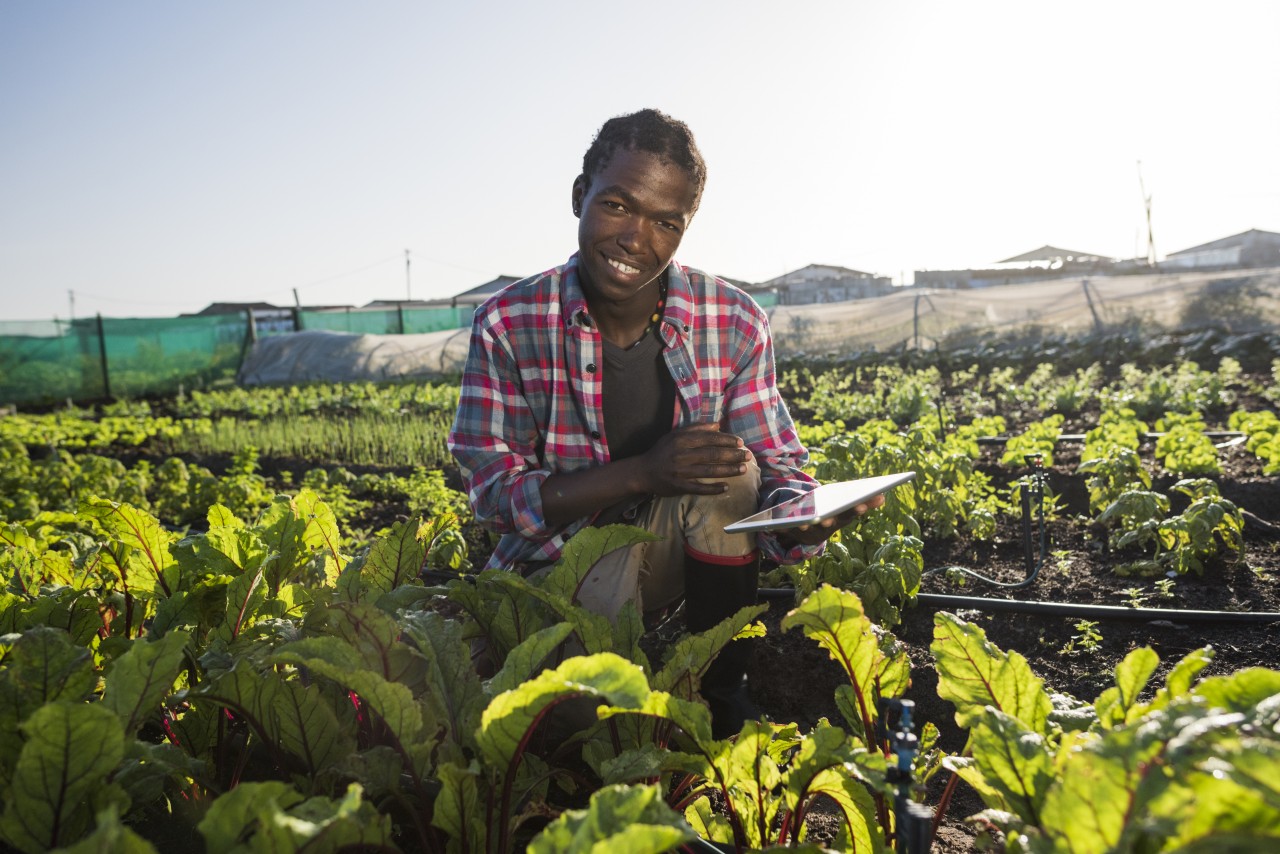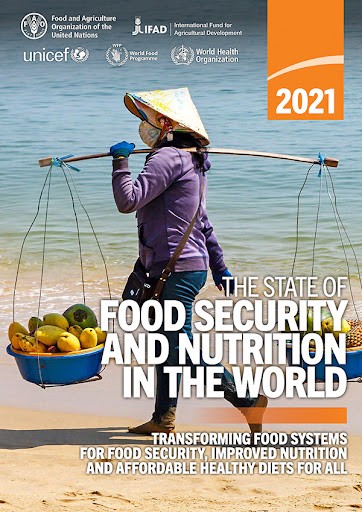ECOSOC at 80: Renewing Multilateralism in an Age of Global Uncertainty
On 23 January, the United Nations Economic and Social Council (ECOSOC) convened a commemorative session…
In October 2019, the UN Secretary-General António Guterres announced formally the holding of a Food Systems Summit (FSS) and a Pre-Summit by the United Nations. It was prescient as hunger continues to rise and global food stocks have been suffering from uneven supplies. Heading toward the Summit and beyond, there is much reason to be concerned that food prices will continue to rise and poverty is becoming more entrenched. These will exacerbate global inequities and insecurities. All countries are feeling the effects in some way, and the most vulnerable that the Sustainable Development Goals (SDGs) set out to protect are more at risk.
rise and global food stocks have been suffering from uneven supplies. Heading toward the Summit and beyond, there is much reason to be concerned that food prices will continue to rise and poverty is becoming more entrenched. These will exacerbate global inequities and insecurities. All countries are feeling the effects in some way, and the most vulnerable that the Sustainable Development Goals (SDGs) set out to protect are more at risk.
For this reason, the UNFSS Pre-Summit could not have been timelier. The event was an extraordinary feat of logistics in a hybrid format at the FAO in Rome, hosted by the government of Italy, from July 26-28. It took on diverse voices from critics to proponents to the skeptical. The program featured many actors not typical of UN meetings. They asked the world to engage, take stock, and partner on diverse commitments. The Pre-Summit has laid the foundation for the Food Systems Summit this coming September.
Leveraging the power of food systems is essential and one lasting legacy of the Summit will be the ingrained belief that dialogue must be part of food systems. Emerging Ag has had the privilege of helping organize some of these dialogues by Member States such as the Kenya Food Systems Dialogues and by the private sector such as the International Agri-Food Network (IAFN) High-Level Dialogues. We have partnered on global events with thousands of SMEs showcasing the “quiet revolutionaries” who form the backbone of our food supply and our systems to enable more access to finance.
ingrained belief that dialogue must be part of food systems. Emerging Ag has had the privilege of helping organize some of these dialogues by Member States such as the Kenya Food Systems Dialogues and by the private sector such as the International Agri-Food Network (IAFN) High-Level Dialogues. We have partnered on global events with thousands of SMEs showcasing the “quiet revolutionaries” who form the backbone of our food supply and our systems to enable more access to finance.
These events have brought together people from distinct backgrounds with specialized knowledge across the world. Our participants have sometimes discovered that although their geographical locations differ, their experiences are similar and their challenges are alike. This has nurtured a global community of game-changers from the public and private sectors. I have witnessed the great power that can be harnessed, the solid partnerships that can be created, and the wealth of ideas that can be generated when people are brought together. Now is the time to narrow the focus of this broad range of ideas.
We have been privileged to advance work in areas such as Finance, Innovation, and Gender. It is my fervent hope that with more dialogue and cooperation, the world will together arrive at broad-based solutions which will have a tremendous impact on the current food system and state of food security and nutrition globally. A key element of this is improving resilience by including food in social protection programs. The new School Meals coalition and the work on living incomes are among those I have been honored to support.
Currently, data from the State of Food Security and Nutrition in the World 2021 (SOFI 2021) report suggests that the impact of COVID-19 has worsened the already precarious situation. Prior to the pandemic, the world was not on track to ending world hunger and malnutrition of all forms by 2030. The pandemic has in 2020 alone added some 100 million more people to the total number of people facing hunger daily around the world. At an estimated total of 811 million people facing hunger if nothing is done to lower the statistics drastically, 1 billion may soon become our reality. Let us take action now to ensure this does not happen today or in the future.
pandemic, the world was not on track to ending world hunger and malnutrition of all forms by 2030. The pandemic has in 2020 alone added some 100 million more people to the total number of people facing hunger daily around the world. At an estimated total of 811 million people facing hunger if nothing is done to lower the statistics drastically, 1 billion may soon become our reality. Let us take action now to ensure this does not happen today or in the future.